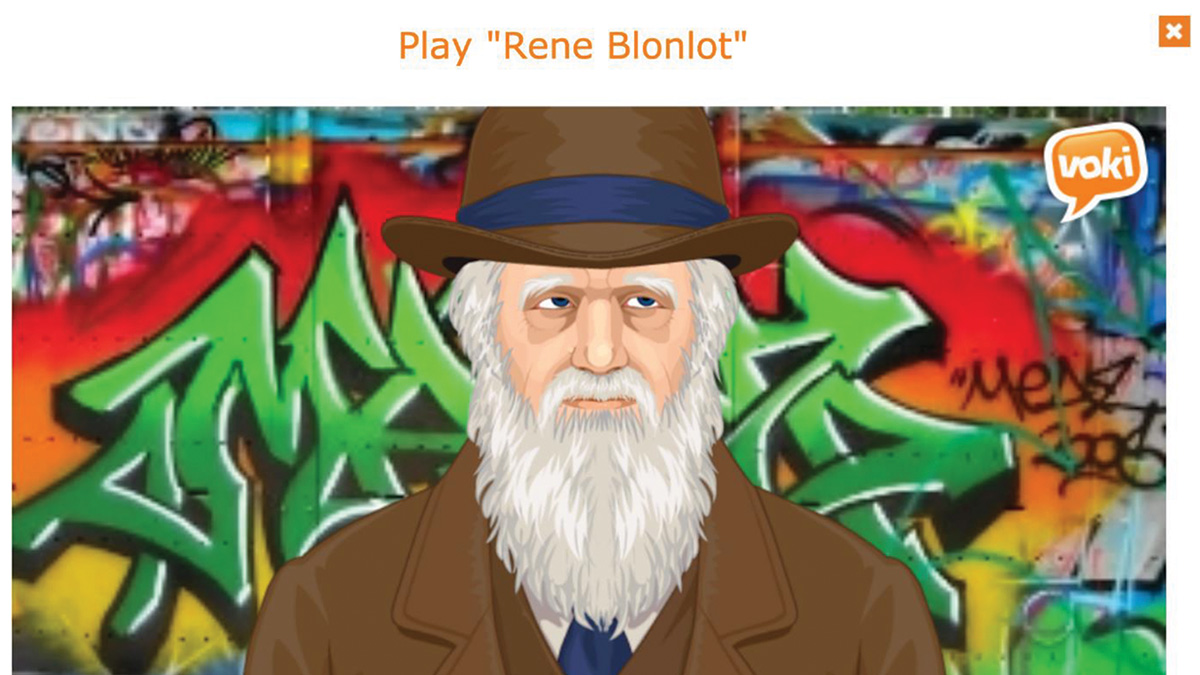Scope on the Skies
The Sun Is a Star
Citizen Science
Stream Tracker Science
Science Scope—September/October 2021 (Volume 45, Issue 1)
By Jill Nugent
teacher’s toolkit
A Simple Sketch Tool to Foster Creativity in a Science Context
feature
No Bones About It
Science Scope—September/October 2021 (Volume 45, Issue 1)
By Lydia Lytal, Brooke A. Whitworth, and Gail Morton

feature
Outrageous Optics
Science Scope—September/October 2021 (Volume 45, Issue 1)
By Lisa Pike, Nathan Harness, Stephen Welch, and Dana Wright

feature
Crafting and Critiquing Climate Change Evidence Arguments
feature
Heat Reinvented
Using a Lunch Box–Design Project to Apply Multidisciplinary Knowledge and Develop Invention-Related Practices
Science Scope—September/October 2021 (Volume 45, Issue 1)
By Helen Zhang, David Jackson, Jeffrey Kiel, Leigh Estabrooks, So Lim Kim, Deoksoon Kim, Stephanie Couch, and G. Michael Barnett

A Call to #retireELL in Science Education
By María González-Howard, Enrique Suárez, and Scott Grapin
Posted on 2021-08-17
Integrating Technology
Using Past Science Events
Building an ADI Foundation
Interdisciplinary ideas
Engaging and Empowering Students Through Choice
Science Scope—September/October 2021 (Volume 45, Issue 1)
By Katie Coppens




